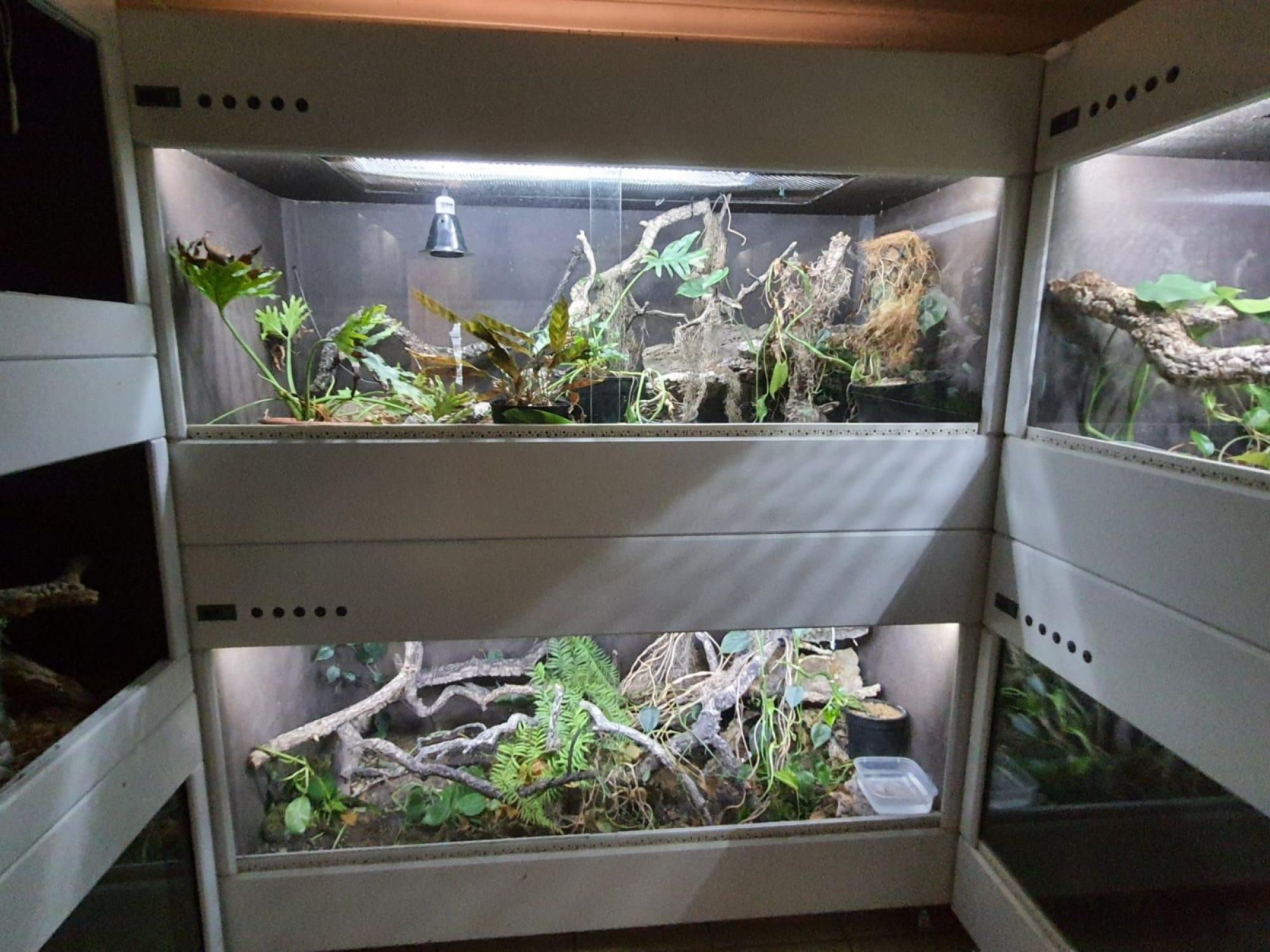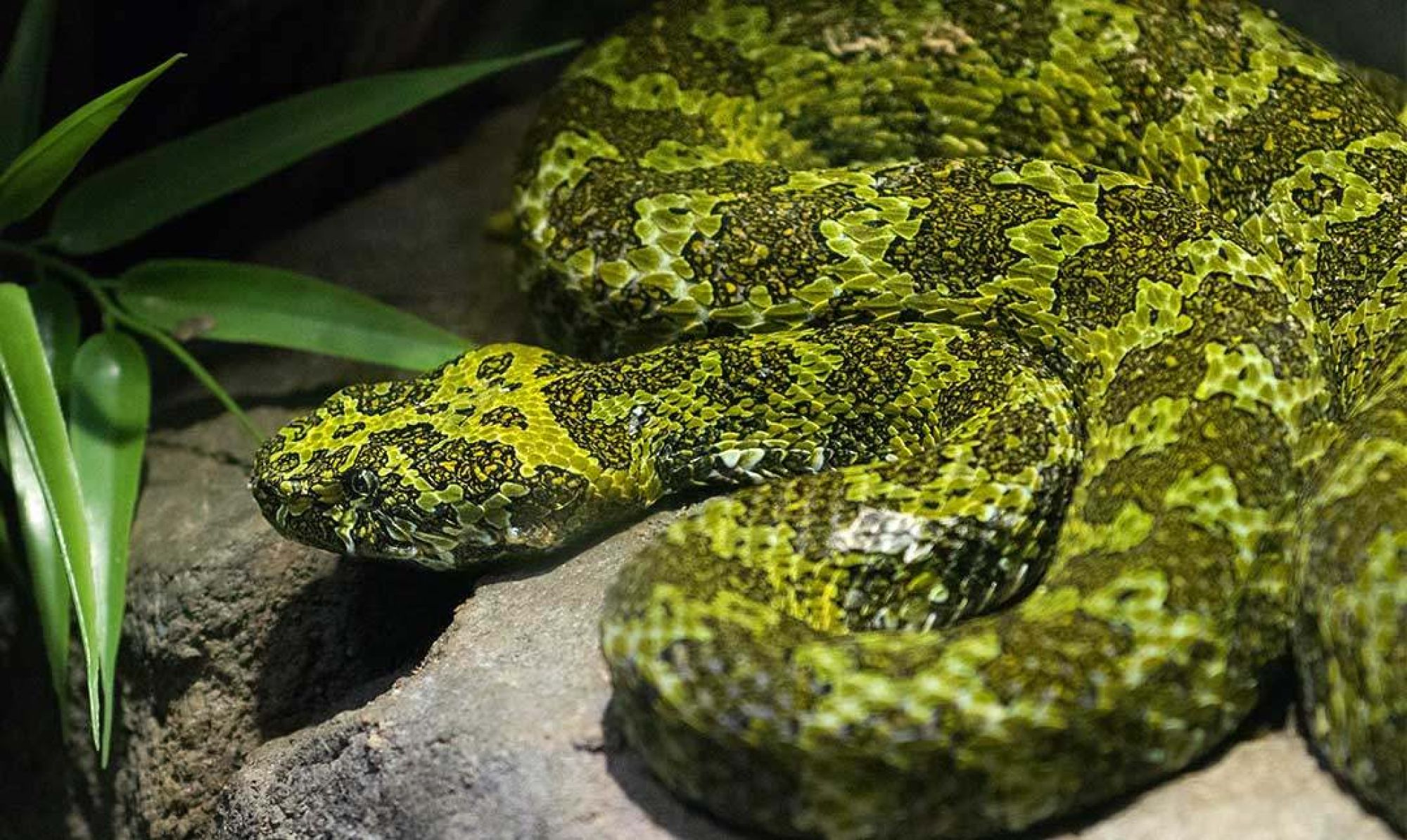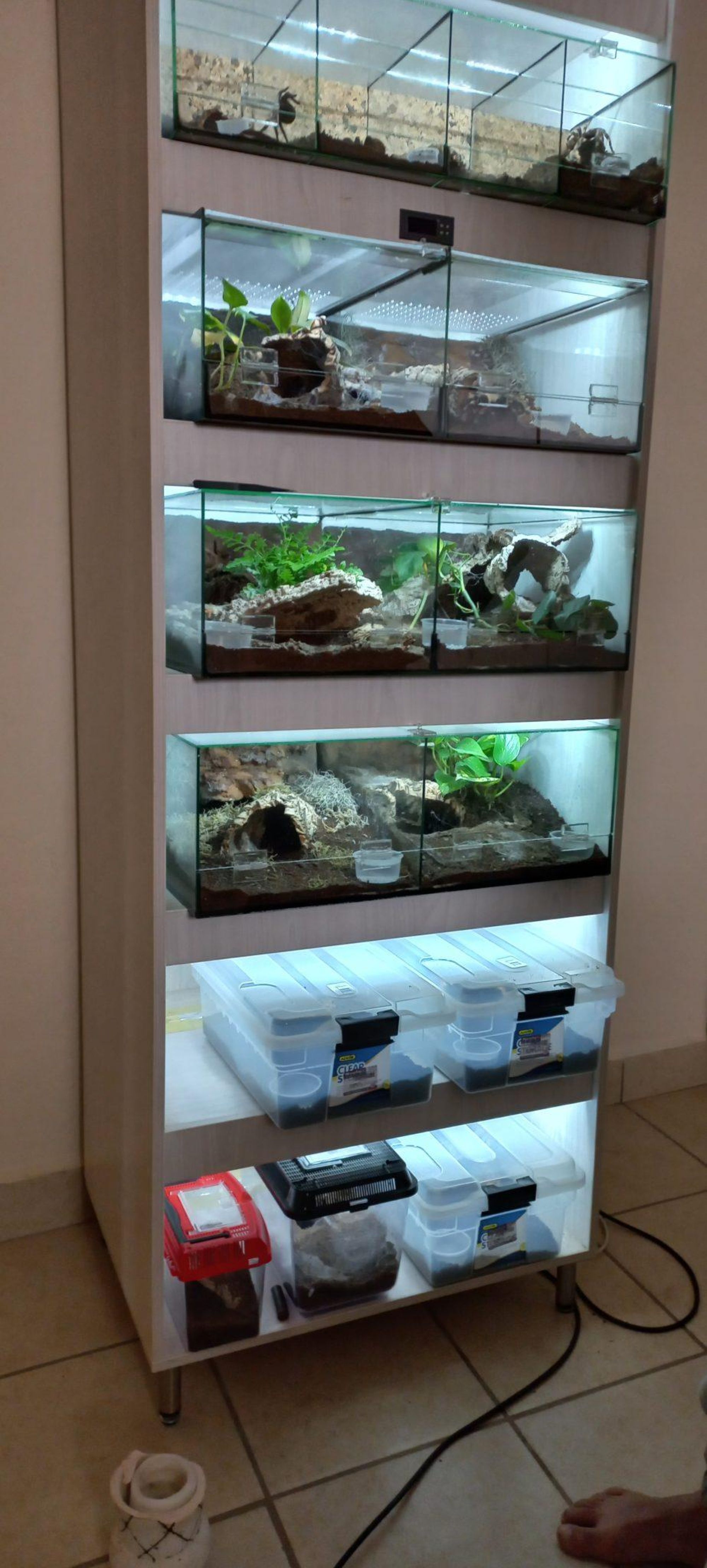
Wildlife trafficker convicted and sentenced to six years imprisonment and ordered to pay R100 000
The Western Cape’s continued commitment to combatting wildlife crime is seeing results after a forty-two-year-old from Durbanville was sentenced on Friday, 27 September, at the Bellville Regional Court to six years imprisonment and ordered to pay R100 000 after being convicted on all 16 charges relating to the illegal trafficking and possession of 56 protected birds, snakes and spiders.
The imprisonment part of the sentence was suspended for five years on condition that the perpetrator is not convicted of contravening any national or provincial environmental laws relating to the acquisition, disposal, trade, import, export, transport, possession, keeping in captivity or capture of wild animals or for defeating or obstructing the course of justice within that five-year period.
The arrest took place last year following an investigation by the SAPS Kuils River Stock Theft and Endangered Species Unit and CapeNature. During the execution of multiple search and seizure warrants, 56 wild animals were found at the residence in Durbanville – the majority of which were species that are prohibited in private captivity in the Western Cape.
Through collaboration between CapeNature, the United States Fish and Wildlife Service’s Office of Law Enforcement and the national Department of Forestry, Fisheries, and the Environment’s (DFFE) Environmental Enforcement Fusion Centre, the perpetrator in this case has been linked to two other known and convicted international wildlife traffickers.
Included in the wild animals seized, were more than 40 highly venomous snakes. Three of those were adult Mangshan Pit Vipers – a Critically Endangered species that occurs only in a small forested mountainous area in southern China. According to the most recent conservation assessment by the International Union for the Conservation of Nature (IUCN), there are less than 500 adults of this species left in the wild. The illegal harvesting of this species from their natural habitat in China and the subsequent international trafficking of these snakes for the illegal exotic pet market and specialist hobbyists and collectors poses an extreme risk that may push this species into extinction. China has never authorised the legal export of any Mangshan Pit Vipers.
“We are satisfied with the successful conviction on all 16 charges and the sentence imposed. It should serve as a deterrent for people that involve themselves in wildlife crime in the Western Cape and as an example of the enforcement and prosecution success that can be obtained through provincial, national and international collaboration across environmental law enforcement, criminal justice and private sector role-players,” said CapeNature CEO, Dr Ashley Naidoo.
CapeNature is working with the DFFE, the Mangshan National Nature Reserve and the Chinese government to return the three Mangshan Pit Vipers to China where they may be used in a conservation breeding programme and their offspring returned to the wild and bolster the Critically Endangered population of this species in their native habitat.
All activities involving the hunting (including capturing), trade, possession, captivity or translocation (including import, export and transport within the Province) of wild animals in the Western Cape is regulated by CapeNature. Permit enquiries can be directed to permits.fax@capenature.co.za and suspicion of any illegal activities pertaining to environmental crime can be reported via Law.enforcement@westerncape.gov.za or on the 24-hour toll-free incidents hotline at 0800 205 005








